Essayer OR - Gratuit
SAN JUAN: Puerto Rico's Caribbean Jewel
Cobblestone American History Magazine for Kids
|March 2023
When the Spanish settled San Juan in 1521, they quickly recognized the value of Puerto Rico's capital city. It became an important port, outpost, and gateway for exploration of the Americas. Spain's enemies, primarily the British and the Dutch, coveted its strategic military location. Its excellent harbor was one of the largest and best in the Caribbean.
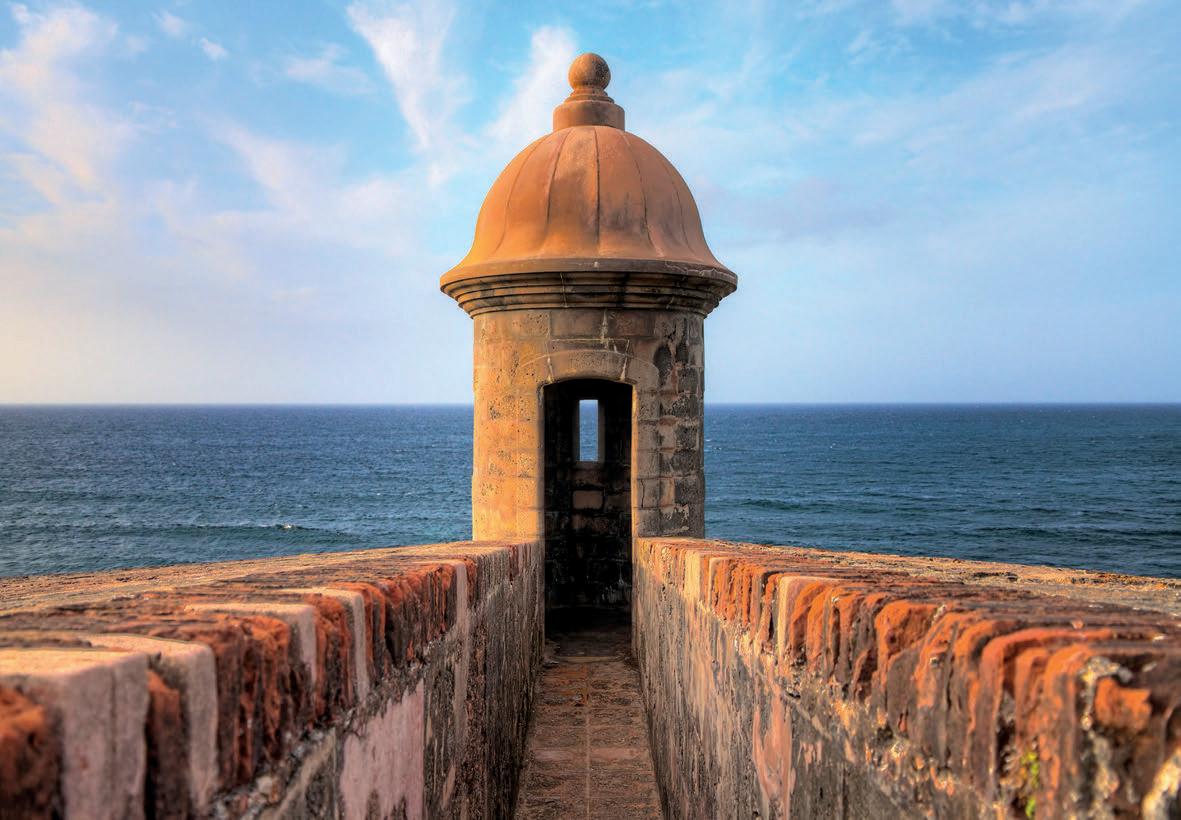
To the Spanish, San Juan was one of the most valuable jewels in their empire. They went to great lengths to protect it. The city's defenses during Spanish colonial rule covered 250 acres and left just 62 acres for other buildings.
DID YOU KNOW?
In 1493, Christopher Columbus named the island of Puerto Rico San Juan Bautista (St. John the Baptist). Meanwhile, the city of San Juan originally was named Puerto Rico (Rich Port). The names were switched in 1520, possibly due to a cartographer's error. Puerto Rico became the name of the island, and the island's largest city and famous port became known as San Juan.

First Fortress
To protect San Juan from foreign enemies and Indigenous Carib people, Spain's King Charles V ordered the construction of La Fortaleza. Begun in 1533, it was San Juan's first fortified building. But its location proved inadequate to guard the entrance to San Juan's harbor. It was captured twice-by the British in 1598 and by the Dutch in 1625.
It eventually was converted to other uses. It has been used as an arsenal and as a prison. Today, it serves as the governor's residence. It is the oldest executive mansion in continuous use in the Americas.

Harbor Outpost
Construction on another fort began in 1539 and lasted until 1786. The Castillo de San Felipe del Morro was built on the tip of the point on San Juan Bay. El Morro was perfectly situated to protect San Juan's port. It began with a simple tower, but it evolved into a massive state-of-the-art example of European military architecture. Its 18-foot-thick walls rise 140 feet above the sea.
Cette histoire est tirée de l'édition March 2023 de Cobblestone American History Magazine for Kids.
Abonnez-vous à Magzter GOLD pour accéder à des milliers d'histoires premium sélectionnées et à plus de 9 000 magazines et journaux.
Déjà abonné ? Se connecter
PLUS D'HISTOIRES DE Cobblestone American History Magazine for Kids
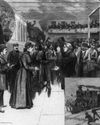
Cobblestone American History Magazine for Kids
nellie Bly Journalist
nellie Bly's first newspaper articles appeared in print when she was just 20 years old.
2 mins
Cobblestone February 2025: Women Trailblazers of the 1800s

Cobblestone American History Magazine for Kids
Arabella Mansfield -Lawyer
Arabella Mansfield started out life as Belle Babb (1846-1911). She grew up in a Midwest family that valued education. In 1850, her father left to search for gold in California. He died in a tunnel accident a few years later.
2 mins
Cobblestone February 2025: Women Trailblazers of the 1800s
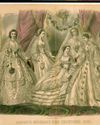
Cobblestone American History Magazine for Kids
Sarah Josepha Hale Editor
Long before Vogue or Glamour caught women's attention, Godey's Lady's Book introduced the latest fashions.
3 mins
Cobblestone February 2025: Women Trailblazers of the 1800s
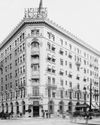
Cobblestone American History Magazine for Kids
Louise Blanchard Bethune - Architect
Louise Blanchard Bethune (1856-1915) showed early promise in math. Lucky for her, her father was the principal and a mathematics teacher in a school in Waterloo, New York. Instead of going to school, Louise's father taught her at home until she was 11 years old. She also discovered a skill for planning houses. It developed into a lifelong interest in architecture and a place in history as the first professional female architect in the United States.
2 mins
Cobblestone February 2025: Women Trailblazers of the 1800s
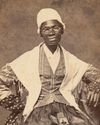
Cobblestone American History Magazine for Kids
Sojourner Truth Speaker
There was a time when slavery wastes abolished the institution over a number of decades. New York abolished slavery in 1827. Isabella Baumfree (c. 1797-1883) was born enslaved in Hurley, New York. When she was nine, she was taken from her parents and sold. She then was sold several more times. Some of her owners were cruel and abused her. During that time, she had several children.
1 mins
Cobblestone February 2025: Women Trailblazers of the 1800s
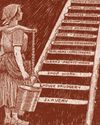
Cobblestone American History Magazine for Kids
Getting Started
In this editorial cartoon, a young 19th-century woman must overcome the obstacle of carrying a heavy burden while climbing a multirung ladder before she can achieve \"Equal Suffrage.\"
2 mins
Cobblestone February 2025: Women Trailblazers of the 1800s
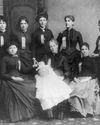
Cobblestone American History Magazine for Kids
Leonora M. Barry - Investigator
When Leonora M. Barry (1849-1923) was a young girl, her family left Ireland to escape a famine. They settled in New York. Barry became a teacher. In 1872, she married a fellow Irish immigrant. At that time, married women were not allowed to work. So, Barry stayed home to raise their three children.
2 mins
Cobblestone February 2025: Women Trailblazers of the 1800s

Cobblestone American History Magazine for Kids
Finding a New Path
For many Americans, this month's mystery hero represents the ultimate modern trailblazer. She is recognized by just her first name.
1 min
Cobblestone February 2025: Women Trailblazers of the 1800s
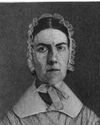
Cobblestone American History Magazine for Kids
The Grimké Sisters Abolitionists
Every night, Dinah was supposed to brush the E hair of her mistress, Sarah Moore Grimké (1792-1873). But one night, 12-year-old Sarah stopped Dinah. She wanted to help Dinah instead. They had to be quiet so they wouldn't get caught. It was 1804 in Charleston, South Carolina. The Grimkés were among Charleston's major slaveholding families. Strict laws regulated the behavior of both master and enslaved people.
4 mins
Cobblestone February 2025: Women Trailblazers of the 1800s
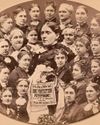
Cobblestone American History Magazine for Kids
Frances Willard Leader
During Frances Willard's lifetime (1839-1898), she was the best-known woman in America: She headed the largest women's organization in the worldthe Woman's Christian Temperance Union (WCTU). In that role, her abilities shone as a social activist, a dynamic speaker, and a brilliant organizer. She educated women on how to run meetings, write petitions, give speeches, and lobby state and federal legislators.
2 mins
Cobblestone February 2025: Women Trailblazers of the 1800s
Translate
Change font size

